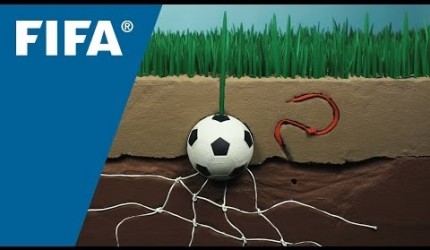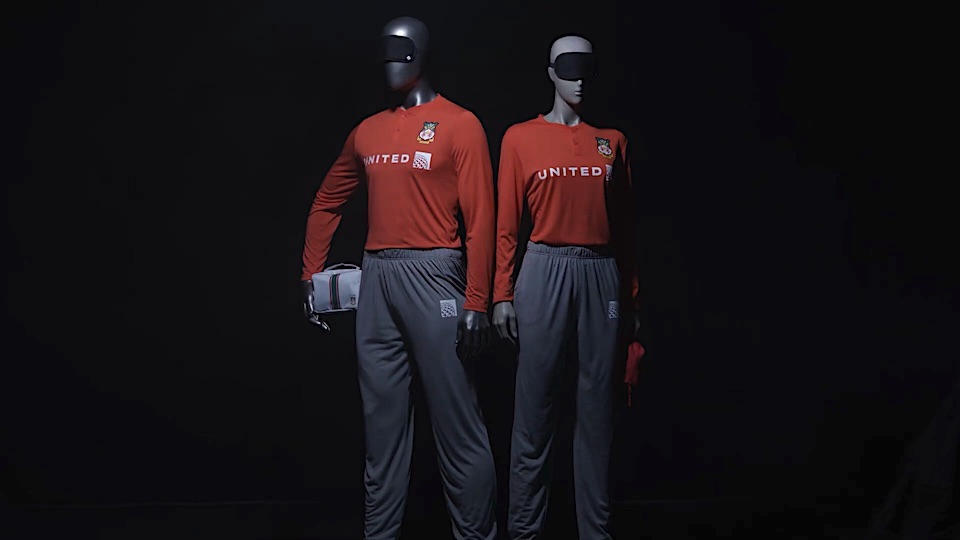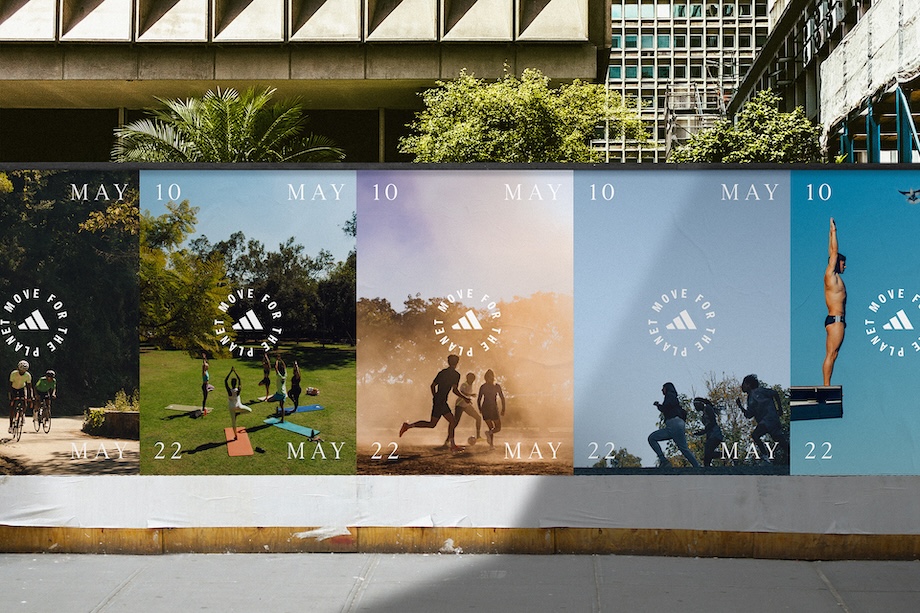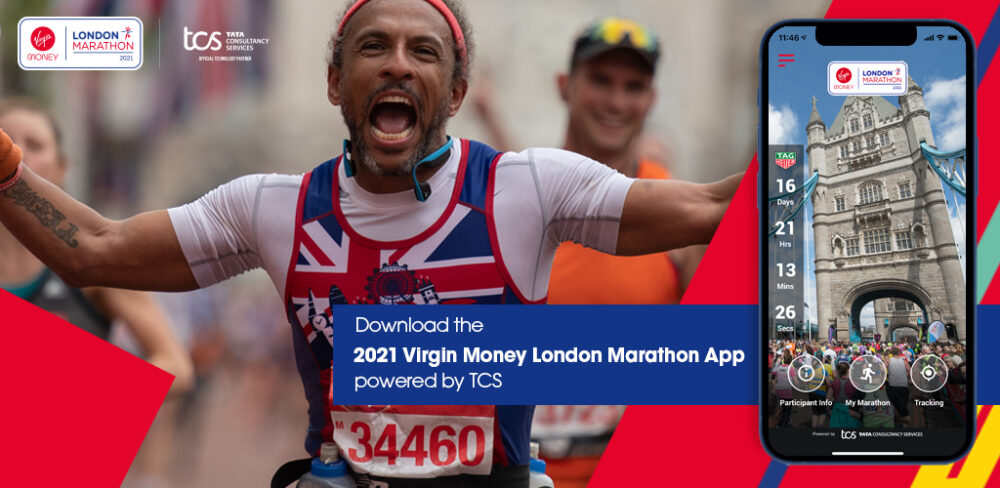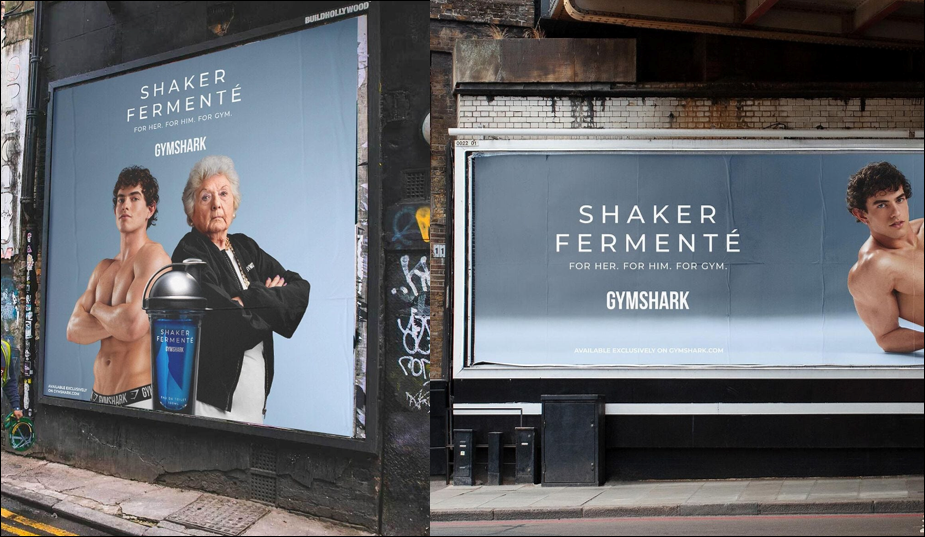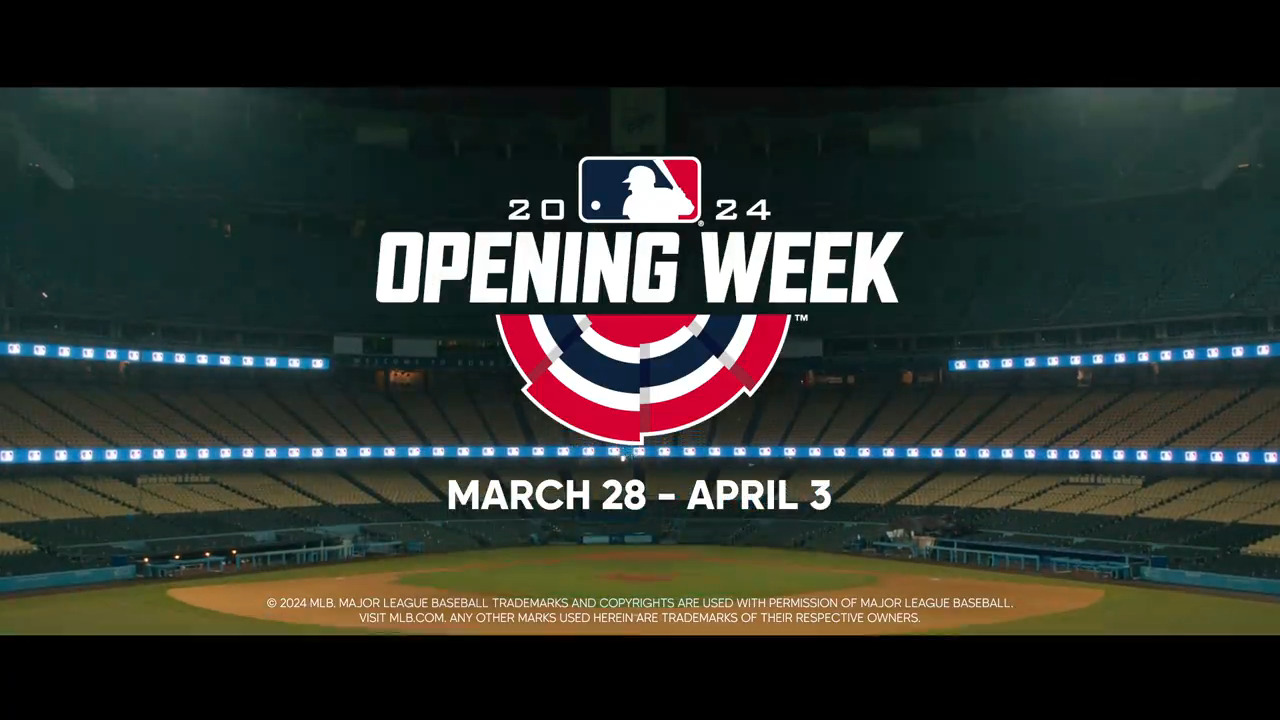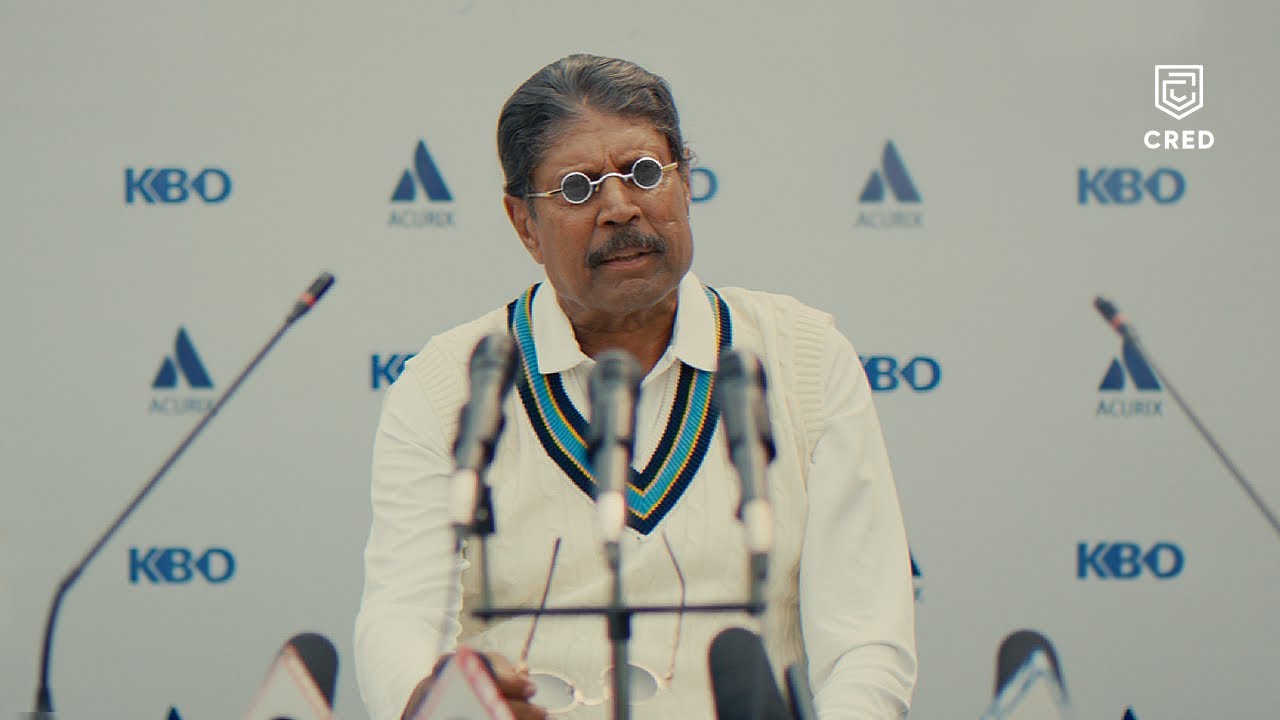The first week of June saw FIFA also launch a new global campaign, ‘Elements’ aiming to raise awareness about crucial issues in football and how it is tackling these challenges.
Led by a series of TV spots which will run on official broadcasters around the world during the 2014 World Cup, Elements aims to highlight the governing body and World Cup rights owner’s commitment to global football development and to raise awareness in the fight against discrimination and match manipulation.
Ironically, considering the current scandal, media investigation and public outcry surrounding FIFA’s process for awarding the 2022 World Cup to Qatar, one of the three commercials ‘Pitch Warfare’ focuses Anti-Match Manipulation.
The other ads are ‘Seeds’, which focuses on football development,
and the anti-discrimination ‘Fan Of The Match’ spot.
These three central animated spots, which come in both 30-second and 15-second versions, will be run during the tournament by all FIFA Media Rights Licensees.
Each ‘Elements’ ad features simple objects from the world of football – from boots, footballs and goal nets, to goalkeeper gloves, corner flags and referee whistles – as it aims to tell a clear and compelling story.
These are created using the #stop motion’ animation technique which aims to not only be simple, but also to ensure its straightforward, non-flashy approach cuts through the often epic and cinematic World Cup advertising avalanche.
London-based agency Klein & Sons produced the Elements campaign, working with specialist Dutch animator Rogier Wieland.
The campaign will be broadcast by FIFA’s Media Rights Licensees to television audiences all over the globe during the 2014 FIFA World Cup.
FIFA’s Media Rights Licensees allow FIFA to show institutional and social campaign spots as part of their agreements to broadcast matches from the FIFA World Cup, and to support FIFA’s development work and football across the globe.
This, of course, provides the governing body with access to a staggering potential viewing audience of billions.
‘This huge platform gives FIFA an amazing opportunity to speak to a global audience,’ explains FIFA Director of Communications & Public Affairs Walter De Gregorio.
‘And we wanted to use this platform in the right way – to tell the world there can be no place for discrimination of any kind in football, or in society, and to raise awareness around the threat of match manipulation.’
‘We also felt it was crucial to let more people know about our work in football development, which is where so much of the proceeds from the FIFA World Cup go to. Few people know that FIFA invests more than half a million dollars every day in developing football everywhere, from the grass roots up.’
Comment
FIFA, of course, very publicly proclaims its commitment not only to the grass roots game, but also to eliminating all forms of discrimination and match manipulation from the game.
Yet the organisation itself, increasingly seen as some form of global super-state that demands its own laws in the countries which host its competitions (particularly from a sponsorship protection perspective), is itself embroiled in an international corruption scandal.
Rolling out a campaign like this to coincide with the World Cup may have strategically seemed like a sensible approach when it was planned – after all, it ensures a huge global reach for the messages.
But it doesn’t necessarily seem like the best timing now with newspapers around the planet and fans across the globe discussing possible corruption and a lack of transparency within the organisation itself.
Perhaps the rights owner should take a leaf out of the modern marketing book used by so many of its sponsors and ambushers and learn how to be constantly flexible with its engagement and adapt its approach and messaging in real time to suit the current news and events cycle?
Although FIFA might see the campaign as a means of defending itself against the accusations and a way to help restore its reputation.
Furthermore, this campaigned, when viewed in tandem with the governing body’s launch of its ‘Global Stadium’ World Cup engagement platform (see case study) last week, may mark a slight change in strategy.
As in the past football chiefs have tended to be very limited in the efforts they go to in order to try and engage fans directly.
This used to be seen as one of the sponsor/ambusher advantages in activating around the World Cup.
Links
FIFA Website
FIFA Global Stadium Website
FIFA Global Stadium Twitter
FIFA Global Stadium Facebook
https://www.facebook.com/fifaworldcup
FIFA Global Stadium YouTube

